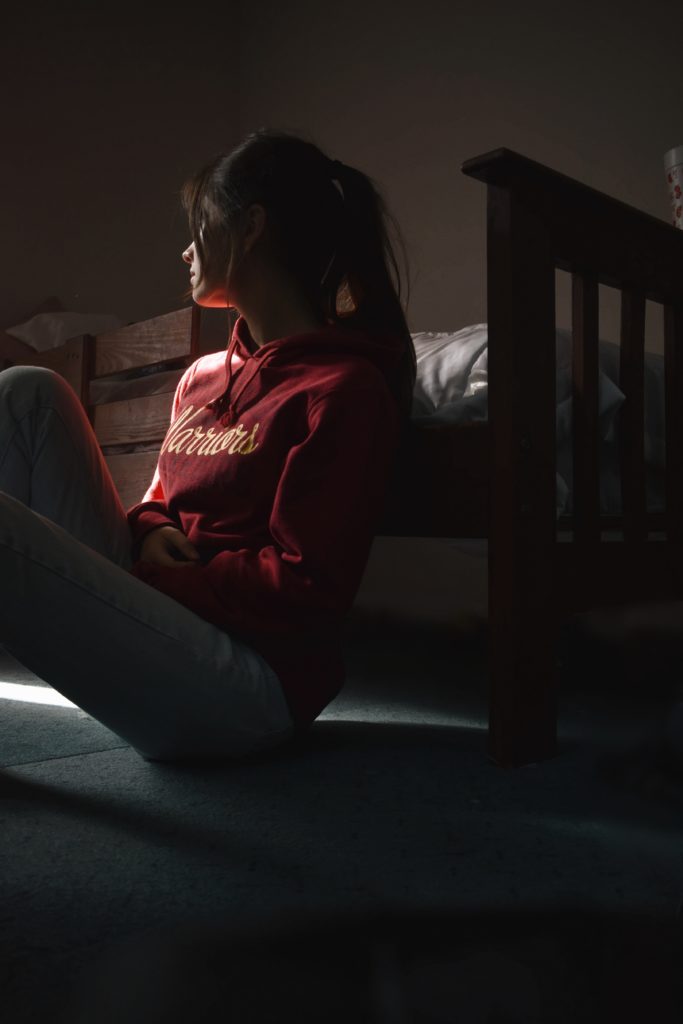Some of us may haven’t heard of “doomsurfing” or “doomscrolling”, but we’re quite sure we’re all familiar with the act.
According to Merriam-Webster, doomsurfing or doomscrolling is the “tendency to continue to surf or scroll through bad news, even though that news is saddening, disheartening, or depressing.”
And as it is, it wouldn’t be surprising if we’re all guilty of committing it during this time of crisis.

In an article published on Psychology Today, Media Psychology Research Center Director Pamela B. Rutledge says “This problem is a result of how the human brain is wired. Our brains instinctively pay attention to any potentially dangerous situation as part of the biological imperative of survival. Our brains are designed to constantly scan the horizon for potential threats. Since threats are more important to our survival than other information, we pay more attention to the negative things than the positive.”
But while it may be our duty to stay informed so we could ensure not just our own safety but the safety of the people around us during this pandemic, we must remember to surf in moderation to protect our mental health as well.

Photo by Sofia Garza from Pexels
“Being constantly showered with fear-inducing content can lead to a variety of anxiety issues that can cause physical and mental discomfort,” says Psychiatrist Dr. Pavan Madan via Today. “Staying up late at night while doomscrolling not only encroaches in your sleep time, but also makes it harder to fall asleep or have a restful sleep,” Madan adds.
Apart from sleeping problems, excessive consumption of negative content online could also lead to:
- Increased levels of stress and anxiety
- Fatigue
- Mood swings
- Aggressive behavior
- Depression
If we ever find ourselves suffering from any of these effects, clearly we must take action by drawing the line.
Digital detox
The best way to steer clear of digital toxicity is by logging off and spending time doing activities that don’t require gadgets or wi-fi.
Instead, we can:
- Read in our free time. When we log off from social media, we can indulge in literature and enjoy the therapeutic benefits of reading, or we can grab that lifestyle magazine we’ve been meaning to read but never had the time to do so because our phones always get in the way.
- Explore other hobbies, and maybe fall in love with them. The possibilities are endless once we put our phones down. We can try our hands at baking, cooking, dancing, gardening, journaling, knitting, painting, playing instruments, scrapbooking, singing, writing, and basically any hobby you can think of!
- Exercise. Since we’re all staying indoors with no way to accomplish 10,000 steps a day, we must put effort into increasing the length of our daily exercise instead. By doing this we’re not only successfully keeping ourselves away from social media, but we’re also successfully keeping both our physical and mental health in good shape.
- Meditate. We may also want to take this opportunity to meditate, learn to take our minds off things and gain better control over our focus, and be just present in the moment.
- Talk to people we live with. Socialize not through the screen but in-person. Let’s engage in conversations that can deepen our relationships with the people around us. It’s time to actually talk.
These are just some of the things that can keep us busy offline. We can always add more whenever we find new things that we want to explore.
Keep in mind though that this doesn’t necessarily mean we shouldn’t go online at all. The Internet plays an important role in keeping us informed and employed during this time of crisis. But, again, we must learn to moderate our online media consumption so it doesn’t consume us in the end.
Stay safe and sane folks.

